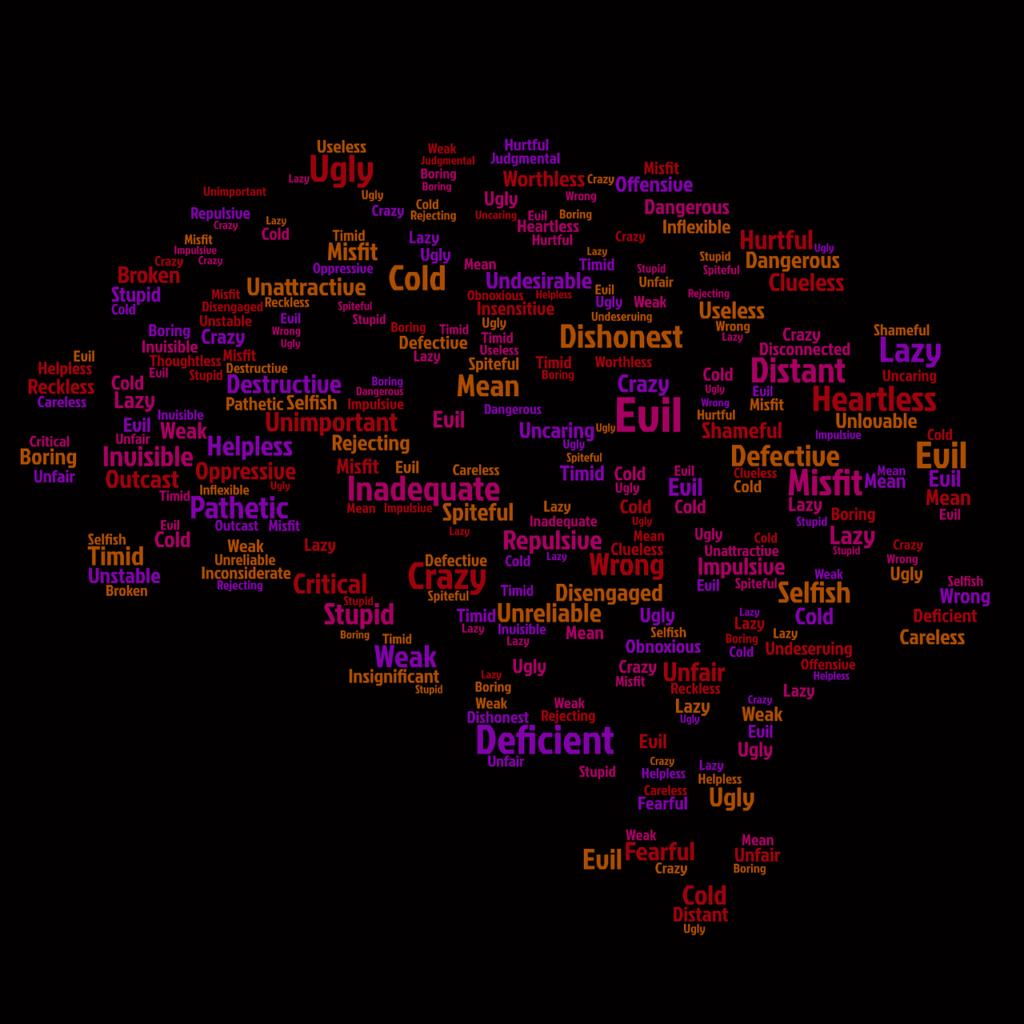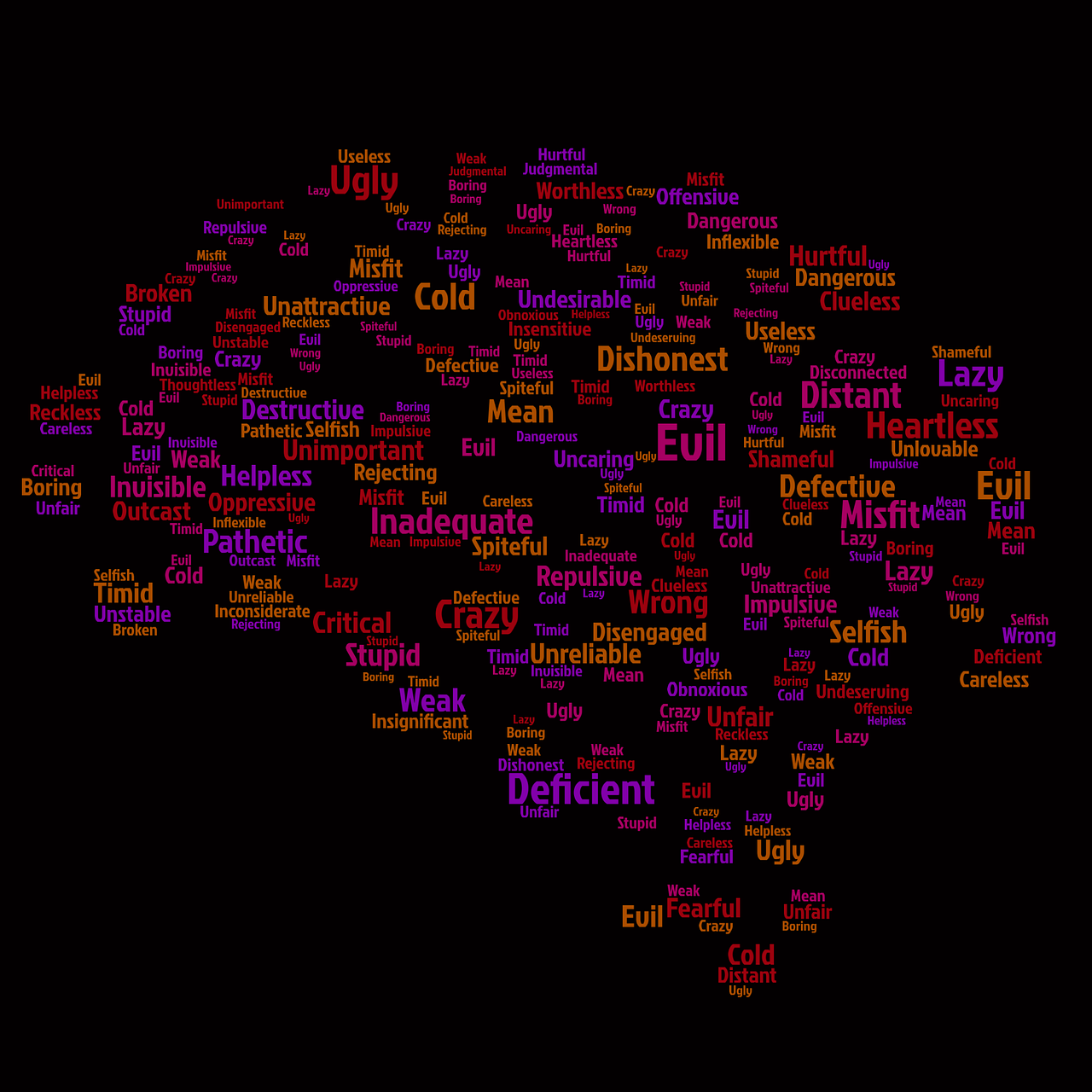We have all heard the term Narcissistic Personality Disorder (NPD) or know someone who has been labeled a narcissist. Narcissists are also referred to as high-conflict individuals (HCI). What most of us don’t know is we all have some traits of narcissism. What ear marks the true narcissist is how they operate in the world on a daily basis. For everyone else who has the traits of a narcissist, those traits generally come out in specific circumstances but it is not our typical way of behaving.
Although there are far too many narcissists in the world, there are very few that will admit they are a narcissist. The reality is, there is little hope that a narcissist will willingly get help for their mental health disorder.
NPD is a Cluster B disorder in the fifth edition of the Diagnostic and Statistical Manual of Mental Disorders (DSM-5) – meaning specifically it is an emotional or erratic disorder. NPD is in the same class of disorders as Borderline Personality Disorder, Histrionic Disorder, and Anti Social Personality Disorder. In many individuals with a Cluster B disorder, they demonstrate traits of the other disorders in their class.

Traits of Narcissistic Personality Disorder
Divorcing someone with NPD can be extremely difficult, especially if children are involved or there is high net worth in the dissolution of assets. Mediation is often not possible and not always recommended when divorcing someone with NPD. Unfortunately, the courts do not know how to manage people with NPD so mediation is usually ordered by the court before a trial is granted.
There are five main categories of traits that a person with NPD demonstrates. Keep in mind that a person who has NPD, depending on how pervasive their disorder is, may demonstrate traits of several or all categories listed.
Interpersonal Traits
Interpersonal traits refers to how people are in relationship between two or more people. The narcissist can hold up their mask for periods of time; however, in a marriage or close relationship the mask often slips down and their true nature is revealed. A person with NPD will demonstrate some or all of:
- jealousy
- lying
- manipulating
- poor boundaries
- gaslighting
- projection
- lacks empathy
- controlling
- contempt
Behavioral Traits
The behaviors that you will most likely see from a spouse with NPD are:
- Superficial – it’s difficult to know if they are actually genuine when they are expressing themself. You may question yourself early on in the relationship about their feelings or thoughts.
- Cheap or generous – depending on the history of the narcissist and when their trauma began, they may be extravagant in their monetary gestures or on the opposite end be over the top with counting their pennies.
- Careless – because someone with NPD is prone to lying and manipulating, they are careless in their explanations and excuses for their behavior. A narcissist is rarely worried about getting ‘caught’ because they are adept at explaining things away.
- Covetous or envious – these are traits that stand out and can be dangerous. If a narcissist becomes too envious this can lead to rash decision making and violent tendencies to gain what someone else has. The narcissist doesn’t want to work for what others have, they just want it. Similarly, when a narcissist does obtain what they want, it behooves them to consider sharing or losing what they obtain.
Traits of Dysregulation
People with NPD are not born that way. There has been a traumatic event, usually in their early years, that has caused them to become this way or they are a child of a narcissist. Whether for self-preservation or safety, the trauma was so pervasive they cannot see the world any other way or they have simply been taught by their own parent. How they respond to their world is often with:
- the inability to be alone
- respond with rage when they are confronted
- they seek validation
- they are fragile and insecure inside but they cannot let that show
- they carry a great amount of shame for who they know themselves to be
- they are impulsive which makes them feel better about themselves and counters the above traits in their own mind
Antagonistic Traits
There are classic traits of a narcissist when they are in attack mode. There is rarely half measures when going to battle with a narcissist. Equally, when they are love bombing you, they promise the stars and the moon to catch your attention. The antagonistic traits of a narcissist are painful for the person on the receiving end and will leave you wondering if you married two people.
- Grandiose
- Entitled
- Passive aggressive
- Arrogant
- Lack of responsibility
- Exploitative
- Vindictive
- Oppositional
Cognitive Traits
A narcissist has a cognitive ability to demonstrate empathy. They do not feel or understand empathy but they have been taught how to respond to situations for their own image and primarily to get what they want or need. A narcissist cannot hold empathy for long and will reveal their true self in how they talk, what they talk about, and will become defensive over anything that appears to paint them in a poor light. If you married a narcissist, you will see the following traits regularly.
- Paranoid
- Hypersensitive
- Lack of insight
- Skewed sense of justice
- Lack of guilt
- Hypocritical
Divorcing a Narcissist?
There is no magic wand or perfect way to approach a divorce from a narcissist. There are tools, tactics, and strategies you can learn and employ that can lessen the damage but the reality is, you are likely going to enter into a war. How long the war lasts is unique to each case and which traits the narcissist possesses.
We have seen cases, or have heard of cases, that last anywhere from 3 – 10 years. The one true trait of a narcissists is, they must win. When you are talking about shared parenting they will likely want full parenting even if they don’t seem interested in raising the children. Their point is to punish you at all costs. The more you react to their hurtful measures, the more you are giving them a feed supply to continue in the war.
Narcissists tend to index and catalog every thought, dream, hope, and desire you have expressed since you have met them. The narcissist will initially use these desires, dreams, and hopes to capture your heart if you are a love interest. Then those very same things will be used against you during divorce in an attempt to destroy you.
A narcissist does the very same in all of their relationships with the one goal to get what they want, regardless of how trivial. Whether it is friendships, relationships, or business the narcissist knows no bounds.
We can help you understand your narcissist and teach you strategies to lessen the damage.
- You can learn to understand and respond to the language of a narcissist.
- You can learn how not to continue to be the feed supply following your separation.
- You can learn how to protect yourself and your children every day in the battle with your narcissist ex-spouse.
- You can learn what to say, or not, and what to do, or not, during your court process that will lessen the damage the narcissist will invoke against you.




